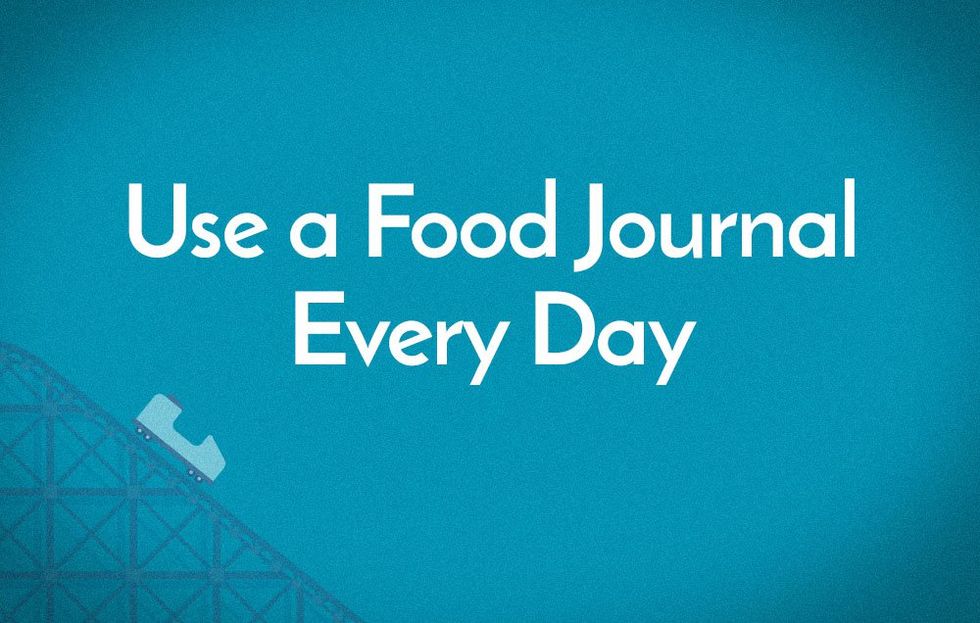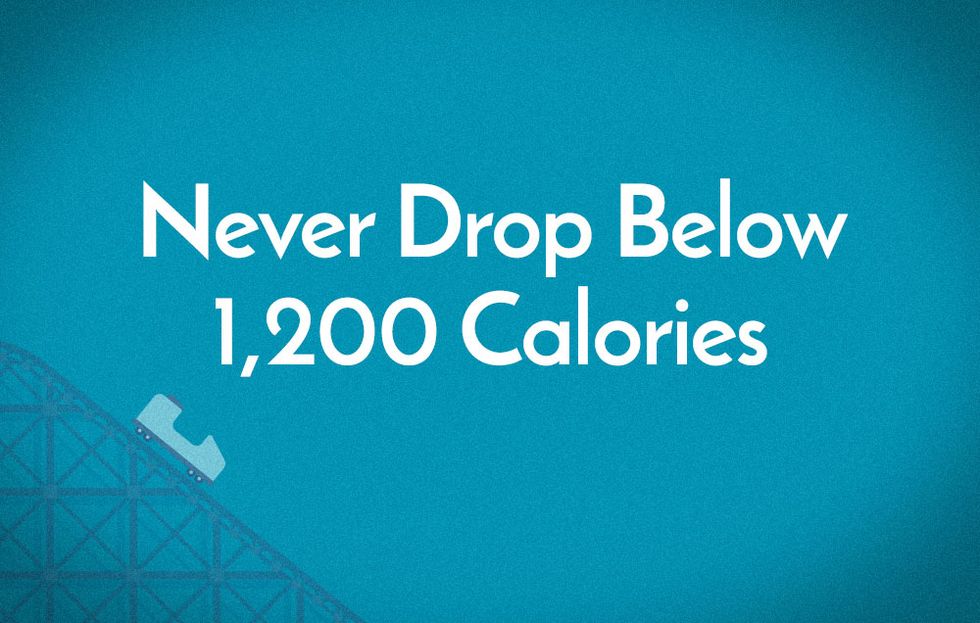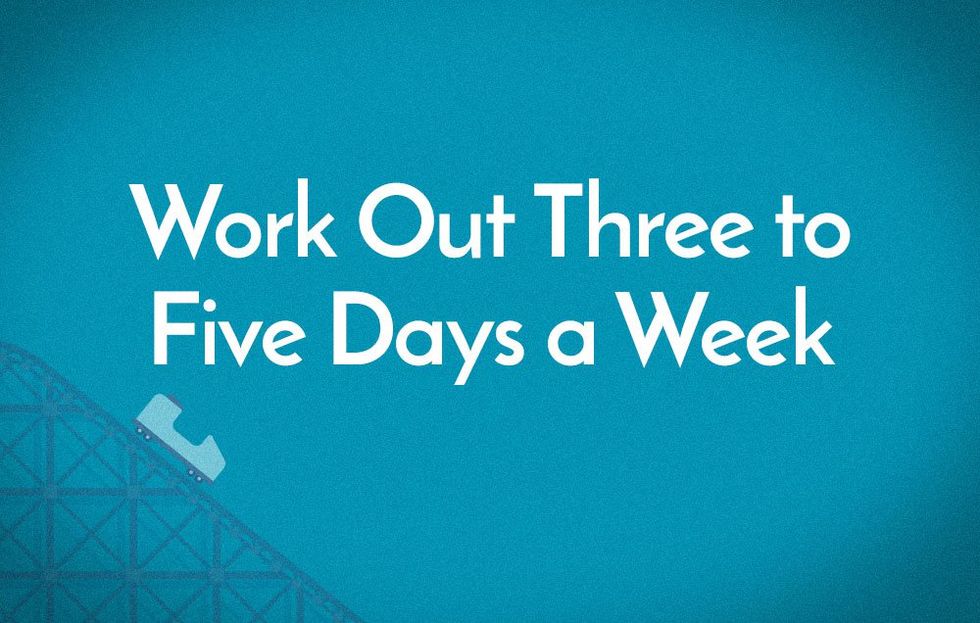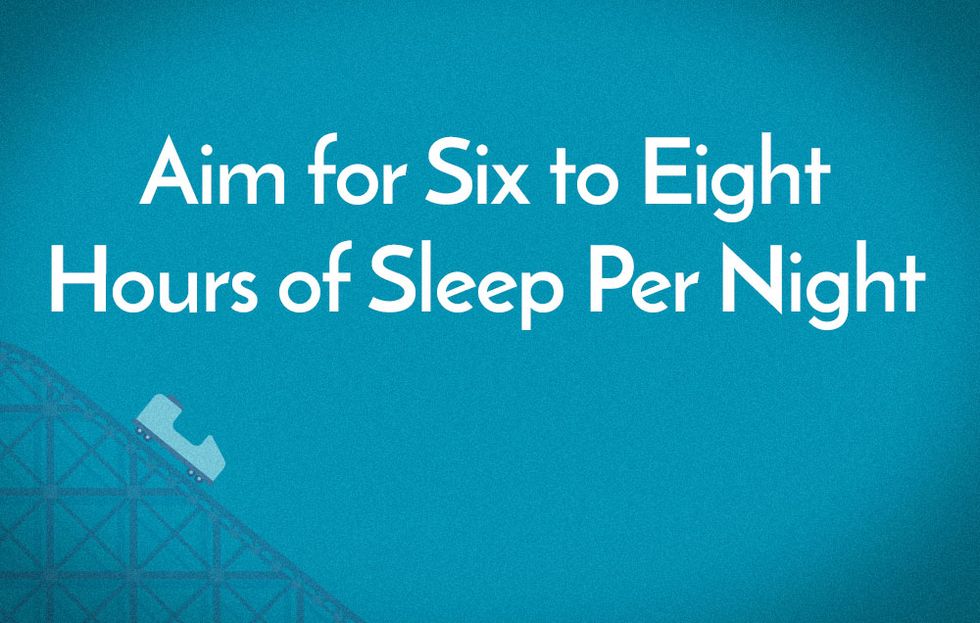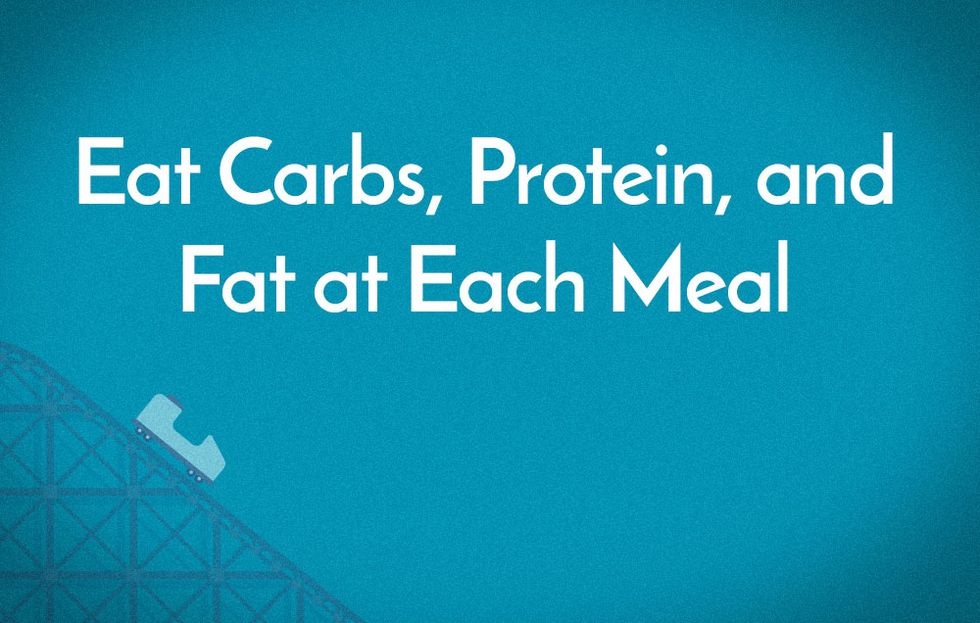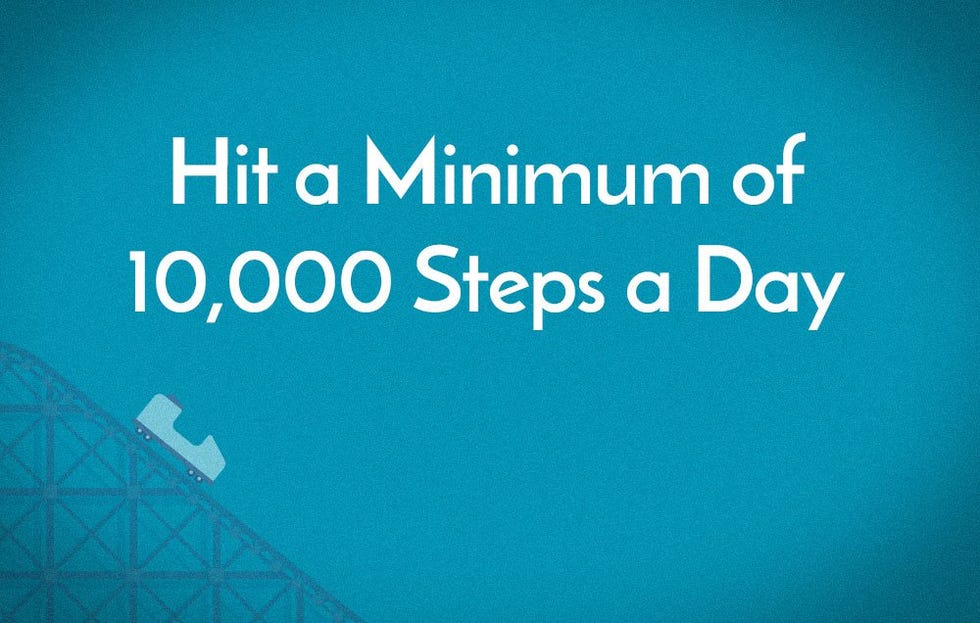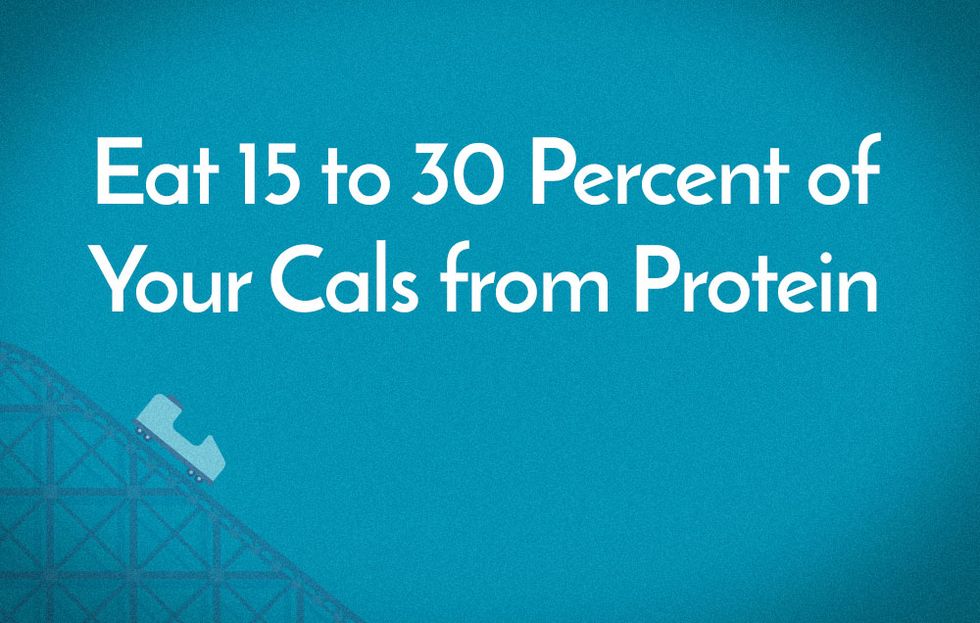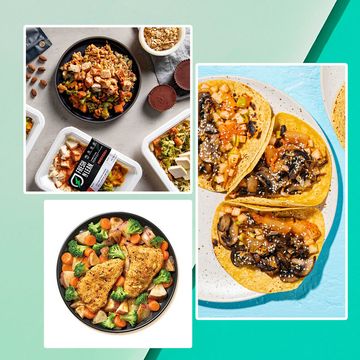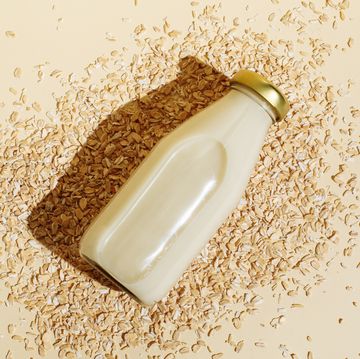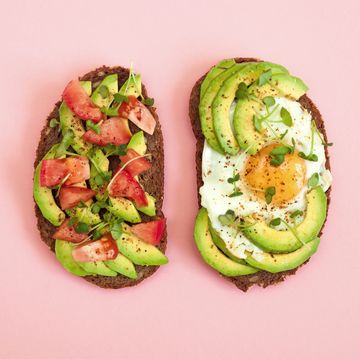How to Stop Losing and Gaining the Same 10 Pounds
Get off the rollercoaster.
Raise your hand if this sounds like you: You manage to overhaul your eating habits to fit back into your favorite LBD when the occasion calls, only to find yourself back where you started a few months or even weeks later.
Whether you're addicted to an all-or-nothing eating style or just can't stay on track with healthy lifestyle changes for the long haul, yo-yo dieting can be as unhealthy as it is frustrating.
In fact, a review of previous research published in the International Journal of Obesity found that women whose weights frequently went up and down experienced a drop in their metabolisms, making them more likely to gain weight in the long run. Plus, another study by the University of Washington found that people who tried to lose weight time and time again had higher levels of the appetite hormone ghrelin.
But it doesn't have to be that way. Here's what you can do to stop losing and gaining the same stubborn pounds and get back on track—for good.
Watch Next


Here's Exactly What To Eat On The Slow-Carb Diet

What Are The Signs Of A 'Hormonal Belly'?
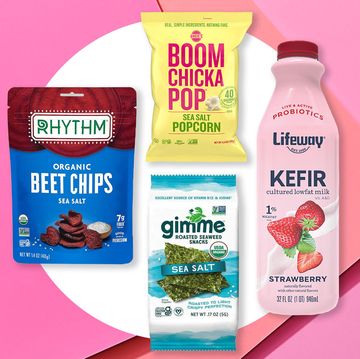
30 Healthy Snacks That Can Help You Lose Weight

Here's What To Eat On The Mediterranean Diet Plan

